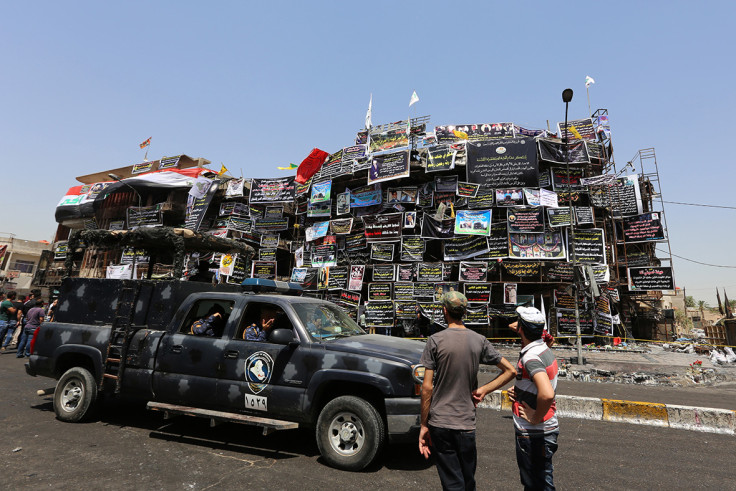Isis: Fast-tracking executions in Iraq for suspected militants 'could kill the innocent'
UN warning comes as Iraqi PM is under pressure to speed up executions after Baghdad bomb killed 323.

The Iraqi government's plans to fast-track executions of Isis militants could lead to innocent people being put to death, the United Nations has warned.
With an estimated 1,200 people on death row, Iraq's Justice Ministry says only 45 death sentences have been carried out since the start of the year.
But following a bomb on 3 July in the Karrada neighbourhood of the Iraqi capital which killed 323 people in one of the deadliest attacks since the US-led invasion in 2003, there have been calls to expedite this process.
The UN High Commissioner for Human Rights Zeid Ra'ad al-Hussein said in a statement that it was "too easy to permit such atrocities to stoke the fires of vengeance. But vengeance is not justice."
The statement pointed out that there was in Iraq a consistent failure to respect due process and fair trial standards and that torture was relied upon to extract confessions, Reuters reported.
"Given the weaknesses of the Iraqi justice system, and the current environment in Iraq, I am gravely concerned that innocent people have been and may continue to be convicted and executed, resulting in gross, irreversible miscarriages of justice," Zeid said.
After the Baghdad attack, the prime minister Haider al-Abadi ordered an investigation into delays in executing prisoners found guilty of terrorism-related charges.
On Monday (1 August), he also ordered an investigation into corruption allegations surrounding weapons deals that could cause a political crisis ahead of planned Iraqi military moves to retake Mosul from Isis. Defence Minister Khaled al-Obeidi said on his official Facebook page that he had details of blackmail relating to weapons contracts, Reuters reported.
Obeidi had been summoned to parliament to respond to claims of graft over an alleged waste of billions of dollars in public funds in deals which are said to have weakened the country's armed forces as it faced an onslaught from Isis. Iraq's government is setting its sights on retaking Mosul, Iraq's second-largest city, which has been under Isis control since June 2014.
© Copyright IBTimes 2025. All rights reserved.






















